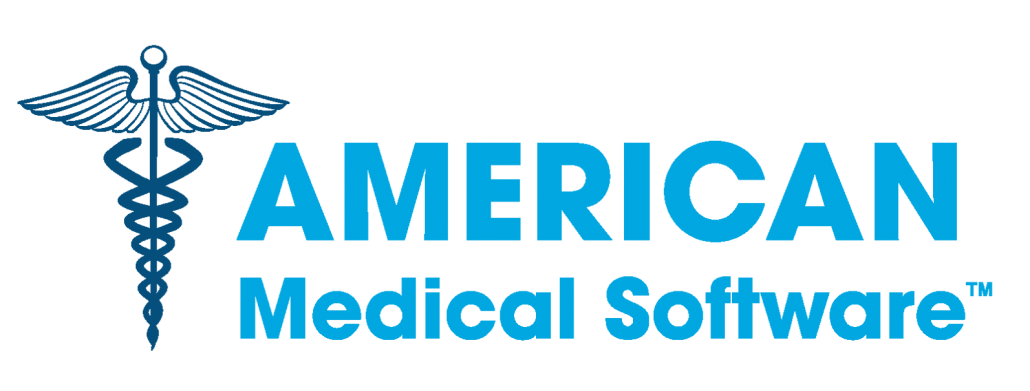Study: Funding Electronic Medical Records Saves Lives
The New England Journal of Medicine published a study on Aug. 31 that says federal investments in electronic health records (EHR) would lead to better patient care and health outcomes. Opponents of electronic records cite dangers to privacy and the potential for malicious alteration of insecure records.
A three-year study in Cleveland, Ohio, of more than 27,000 adults with diabetes found that medical practices that used EHR were more likely to provide health care aligned with accepted standards than practices that relied on paper records. Findings were consistent regardless of insurance type.
According to Randall D. Cebul, M.D., a professor of medicine at Case Western Reserve University and lead author of the study, these results were influenced by several factors. “We were not surprised by these results,” he said in a press release.
Annie F. Weiss, M.P.P. of the Robert Wood Johnson Foundation, said in a press release that electronic health records alone cannot resolve the nation’s health care quality problems, but they do play a crucial role. She leads the foundation’s efforts to improve health care quality. Cleveland is a pioneer in leveraging local resources and federal reform opportunities to improve health care quality and its use of EHR.
The study, “Better Health Greater Cleveland” (Better Health) involved more than 500 primary care physicians in 46 practices.
Better Health’s national initiative and standards provides timely measurements of blood sugar, management of kidney problems, eye examinations, and vaccinations for pneumonia. Results for individual standards and separate composite standards were obtained.
The study found 51 percent of patients in EHR practices received care that met all of the endorsed standards while only 7 percent at paper-based practices received the same level of care. The difference between the two groups was 44 percent.
As for health outcomes, 44 percent of patients in EHR practices met at least four of five outcome standards while only 16 percent of patients at paper-based practices had comparable results.
It did not matter what kind of insurance the patients had. People with private insurance, Medicare or Medicaid, and without insurance all had better care and better health outcomes in EHR practices, according to the study.
“These results support the expectation that federal support of electronic health records will generate quality-related returns on our investments,” said David Blumenthal, M.D., M.P.P., professor of medicine and health care policy at Harvard Medical School and past National Coordinator for Health Information Technology in a press release.
According to Dr. Cebul, the greatest value is evident when used in conjunction with other approaches.
“As the program moves forward, we expect that EHR-based sharing of information across different health care systems, and with our patients, will help us to keep our patients healthier and foster more discriminating use of expensive resources, such as our emergency departments and hospitals,” said David L. Bronson, MD, FACP, president of Cleveland Clinic Regional Hospitals and president-elect of the American College of Physicians in a press release.
Source: www.theepochtimes.com




Leave a Reply
Want to join the discussion?Feel free to contribute!